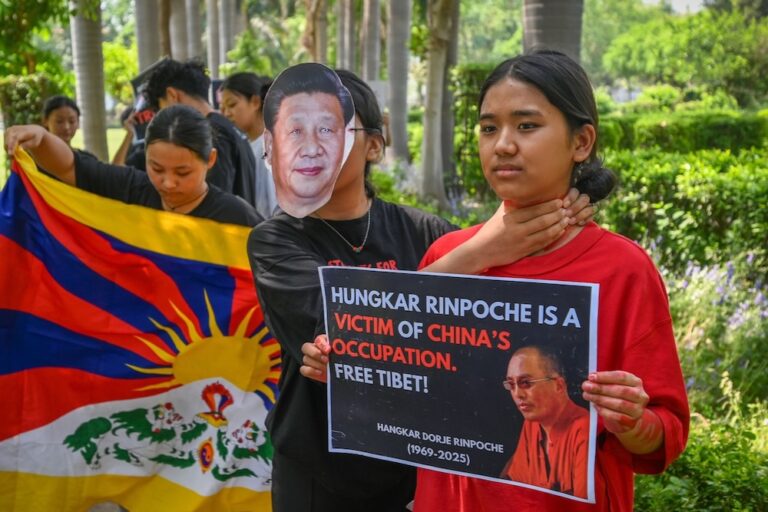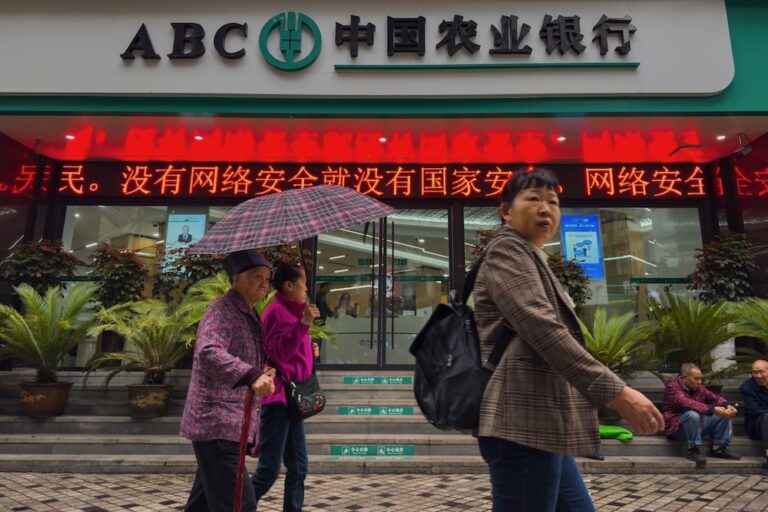In its first report on the freedom to publish conditions in Vietnam, IPA concludes that the screening of books is a complex, opaque, at time irrational, and highly bureaucratic process.
(IPA/IFEX) – Geneva, 17 January 2012 – In its first report on the freedom to publish conditions in Vietnam, the International Publishers Association (IPA) concludes that the screening of books is a complex, opaque, at time irrational, and highly bureaucratic process that books and other written materials have to undergo prior to- and post- publication, and formulates an IPA Road Map for Freedom to Publish, making specific recommendations to the Vietnamese government to move towards greater freedom to publish in the country.
“Freedom to Publish in Vietnam: Between Kafka and the Thang Bom Logic” is a report based on a fact-finding mission to Vietnam led by IPA late last year. The report is being launched worldwide today in Geneva, the home of many United Nations Organisations. It is becoming more and more important that freedom of expression organisations, as well as the international community at large, in particular the UN Human Rights Council and ASEAN, increasingly monitor freedom of expression and freedom to publish developments in Vietnam and urge the Vietnamese authorities to lead the necessary reforms.
Bjorn Smith-Simonsen, Chair of IPA’s Freedom to Publish Committee, declares: “Because of the arrest and subsequent harassment of its 2011 IPA Freedom to Publish recipient, Vietnamese poet and underground publisher Bùi Chát, upon his return home from Buenos Aires on 30 April 2011, IPA decided to send a fact-finding mission to Vietnam to evaluate and get a better understanding of the conditions for freedom to publish in this country”. He adds: “We strongly encourage the Vietnamese authorities to lift the complex, opaque, at times irrational, and bureaucratic screening that books and other written materials have to undergo prior to- and post- publication. We also urge the Vietnamese authorities to privatize publishing as they did with other related industries. This would be very important first steps to improve the overall conditions for freedom to publish in the country”.


